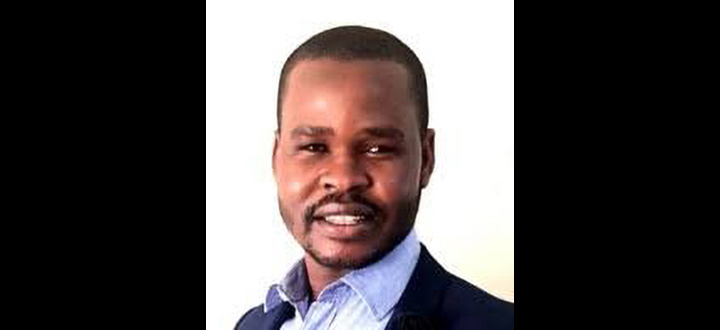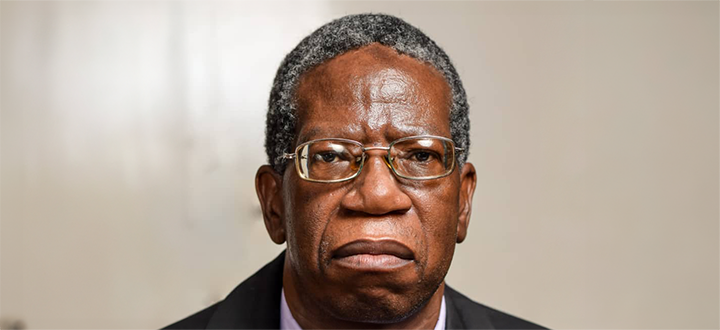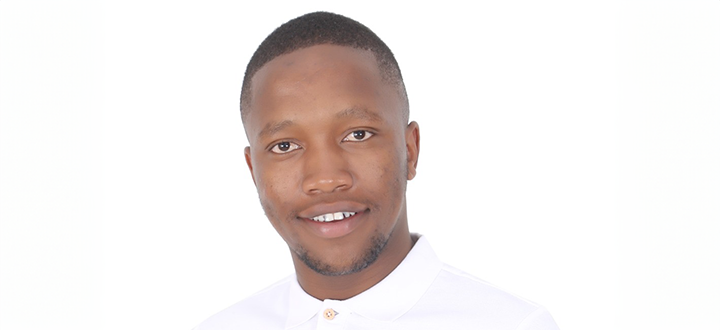Leading change
Engaging aspects of religion and pluralism in a decolonial context

Prof Nelson Maldonado-Torres (Rutgers University, New Brunswick, and visiting researcher, CHS)
The Department of Religious Studies and Arabic in the College of Human Sciences explored decolonial theory and how it speaks to religion studies when they hosted international decoloniality thinker, Prof Nelson Maldonado-Torres.
Maldonado-Torres, who is a visiting researcher in the Department of Political Sciences housed in the College, has been hosting a series of thought-provoking lectures since his arrival in January this year, with this one being no exception.
Speaking on an essay entitled Religion, conquest, and race in the foundations of the modern/colonial world, Maldonado-Torres said within the context of this reading, if you broaden the scope beyond the nation states, beyond enlightenment, and the dilemmas that it brought, the relations of power that existed within the nation states are clearer when one looks at the broader global state between the nation states.
That is when the question of not only pluralism internal to the state but between the states comes in, he said, adding that when it comes to the relation of inequality, it is not just simply economic or political inequality, it is the lenses through which the nation states operate in way that demises this deference.
Maldonado-Torres suggested that we should look at dehumanisation as part of the enterprise of building modern western civilisation and the modern nation states, and further look into the fact of coloniality of the subject and how the definition of religion plays a role in it.
The idea or thought of having a religion was to put one in a position of status, he explained, speaking of the first mode of differentiation between Christians who came as colonists and how the indigenous people had to do so much with the suspension of the category of religion towards them.
Making the determination of who had and who did not have a religion played a significant role in the formation of inequality, said Professor Maldonado-Torres, but religion alone is crucial in not only addressing the question of pluralism but to address the question of inequality within which the fact of pluralism is articulated.
Religious Studies has been very resourceful in the investigating of, and studying the extent to which the concept of religion as a category has participated or played a role in the constitution of inequality.
To answer a question of how decolonial theory speaks to religion studies, one has to look at what it meant to be religious and what first the definition of religion is in the context of colonialism, said Maldonado-Torres, adding that to have the desire to connect with something beyond our being was seen as religious enough to the invading of the colony, which was laid as a determining factor to who is at the top and who falls at the bottom.
*By Bryan Pilane
Publish date: 2017-02-16 00:00:00.0


 Unisa honours Dr OK Matsepe's enduring legacy
Unisa honours Dr OK Matsepe's enduring legacy
 Great strides towards concretising Unisa-PMC partnership
Great strides towards concretising Unisa-PMC partnership
 Mental health among men in the workplace needs more attention
Mental health among men in the workplace needs more attention
 "I owe everything to Unisa and my late supervisor's priceless mentoring"
"I owe everything to Unisa and my late supervisor's priceless mentoring"
 Majikijela - a queer scholar raising homosexuality awareness through his work
Majikijela - a queer scholar raising homosexuality awareness through his work